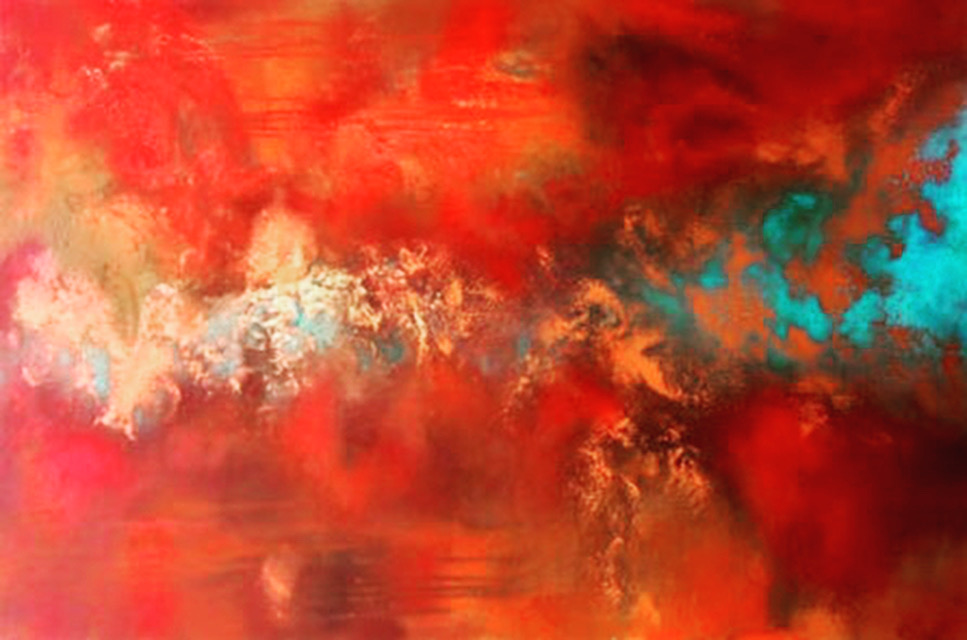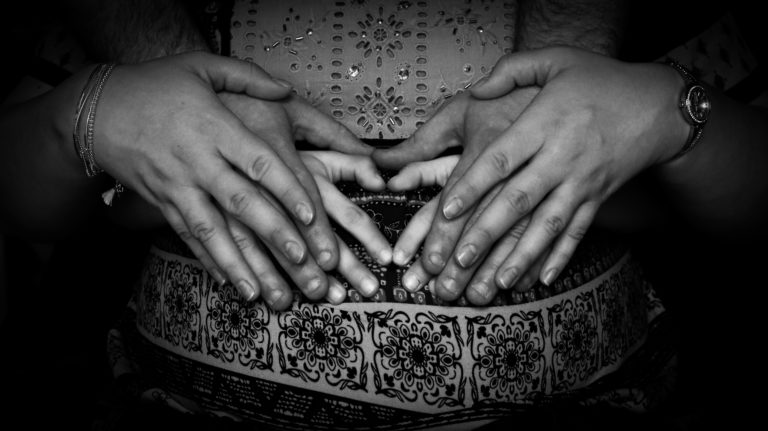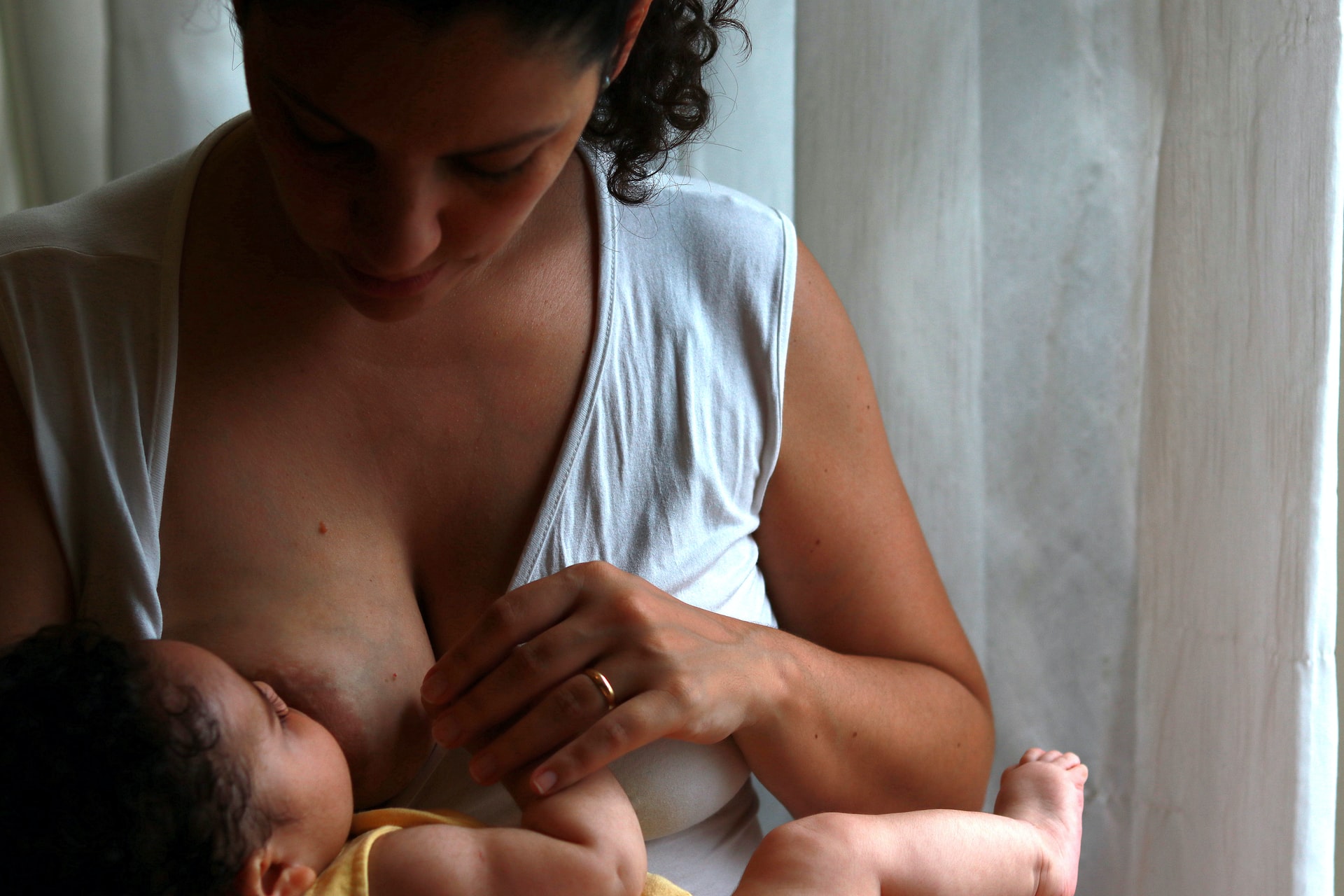It’s Sunday morning, the bells of the church in town are ringing, the sun is coming through my kitchen window on this cold winters day.
And words start to come to me as I reflect on last nights online gathering with Mexican midwife Naoli Vinaver and a few fellow other birth professionals from around the world. The topic of our conversations was postpartum haemorrhage and how as birthing mother you have the power within you to command your body to stop bleeding. What? Do I have control over my uterus veins and capillaries? Yes!
Sometimes there will be physiological or pathological reasons for bleeding excessively after birth and it’s important that all the managing measures are seriously carried out. But yesterday in our conversation, when we share stories and we learn from experience there is a deep reverence that comes from the intrinsic connection between the mind, body and spirit that is massively important to be considered during a PPH. Diane Holzer an experienced midwife shared her own birth experience where she had an out of body experience after losing 2/3 of her blood volume. She described the scene saying she was looking down from the ceiling at the birth team rushing around to stop her haemorrhaging not understanding why they were so worried, and then her husband came into the room after noticing that things weren’t getting any better. He held her face with his hands and said firmly:“ Stop bleeding now! And that just brought her back into her body and she stopped bleeding.
Naoli also shared more stories where she emphasised the importance in helping the mother to visualize her uterus closing, contracting and stop bleeding and how effective that is during birth. I’m not saying here that we need take this situation lightly - PPH is a cause of maternal death and needs to be handle seriously - however we mustn’t forget the intricate, mysterious and powerful connection between the mind and the body, that a woman can actively make a decision inside herself and channel her focus and energy into closing her uterus and consequently ceasing the bleeding.
It’s the importance of combining observational understanding with prompt action to maximise the resolution effectiveness of postpartum haemorrhage, as oppose to opting for a generalised active management of the third stage, which tends to interfere with the natural process of the full birth cycle.
As a doula I’m in constant learning to develop this attentive eye, to bring an approach into birth that respects the singularity of each person and eventuality.







